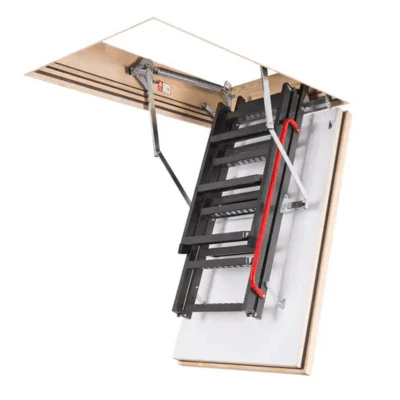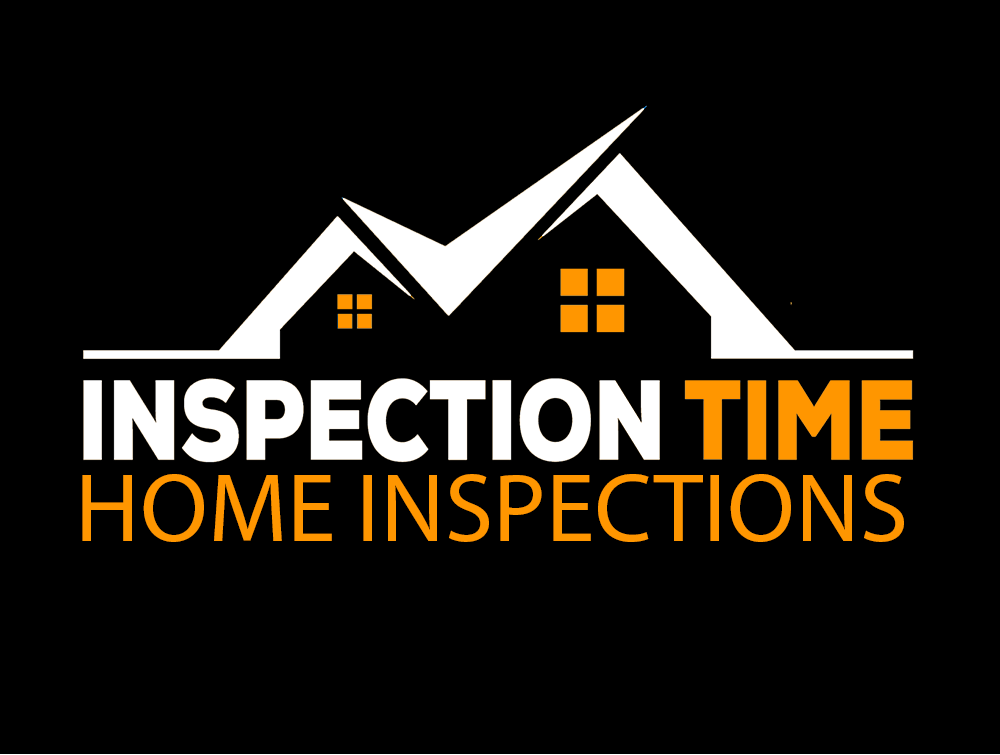Fire Rated Garage Access – When it comes to home safety, one of the most overlooked areas is the door between the garage and the home. This entry point is called the garage access door, and by today’s standards, it is required to be fire-rated. Home inspectors call this out often because it plays a crucial role in protecting families and property.
Why Fire Rated Garage Access Is Important
Garages often contain flammable items such as gasoline, paint, propane, and vehicles. A fire in this area can spread quickly to the rest of the home if not properly contained. A fire-rated door helps delay the spread of flames and smoke, giving occupants more time to escape and reducing property damage.
In many homes, the garage is directly connected to the living space, which makes it a critical area of concern when it comes to fire safety. Unlike other parts of the house, the garage is commonly used for storage of fuels, lawn equipment, cleaning supplies, and other combustible materials. Even a small spark from a tool, appliance, or vehicle can ignite these substances, creating a dangerous situation in seconds. Without a fire-rated barrier, flames and toxic smoke could move into the home almost immediately, threatening the safety of anyone inside.
A fire-rated access door is specifically designed and tested to withstand high heat for a certain period of time, typically 20 minutes or longer. This built-in resistance slows the transfer of fire, allowing families extra time to escape and giving firefighters more opportunity to respond. These doors are also constructed with self-closing mechanisms and tight seals that help limit the flow of smoke, which is often just as deadly as fire.
In addition to protecting lives, a fire-rated garage door can significantly reduce property loss. Slowing the spread of fire means less structural damage, fewer destroyed belongings, and lower repair costs after an incident. Insurance companies also recognize the value of fire-rated barriers, and in some cases, having one installed may even contribute to lower premiums.
For homeowners, ensuring that the garage-to-home access door is fire-rated is a relatively small step that carries major benefits. It enhances overall home safety, protects your investment, and provides peace of mind knowing your family has an added layer of defense in the event of a fire.

What the Codes Say
- IRC (International Residential Code): The IRC requires a 20-minute fire-rated door or a solid wood/solid steel door at least 1-3/8 inches thick between the garage and living space.
- Self-Closing Requirement: In many jurisdictions, the door must also be self-closing and self-latching to prevent it from being accidentally left open.
- NEC (National Electrical Code): While the NEC doesn’t specifically address garage doors, it emphasizes electrical safety in garages, reinforcing the need for protected entry points.
Why Home Inspectors Call It Out
As inspectors, we report when:
- A hollow-core interior door is used instead of a fire-rated door.
- The garage access door does not have a proper seal or self-closing hinges.
- Damage to the door or frame compromises its fire resistance.
We call this out because it directly impacts safety, compliance with today’s standards, and potential insurance coverage issues.
Commonly Asked Questions
Q: How do I know if my garage access door is fire-rated?
A: Look for a manufacturer’s label or stamp on the hinge side of the door. Fire-rated doors usually have this permanent marking.
Q: Can I replace a fire-rated door with a regular interior door?
A: No. Doing so removes the fire protection and is a safety concern. Home inspectors will flag this issue.
Q: Do I need to upgrade my garage door if my home is older?
A: If you’re selling, most inspectors will note it as a safety item. While it may not have been required when built, upgrading improves safety and resale value.
Final Thoughts
The garage-to-home entry door may seem like just another doorway, but it’s actually one of the most important safety barriers in your house. By ensuring this door is fire-rated, properly installed, and self-closing, you’re adding a critical layer of protection for your family.
Home inspectors call this out not to alarm, but to help homeowners maintain safe and secure properties.
#HomeInspection #GarageSafety #FireRatedDoor #HomeSafety #HouseInspection #IRC #BuildingStandards #FireSafety



